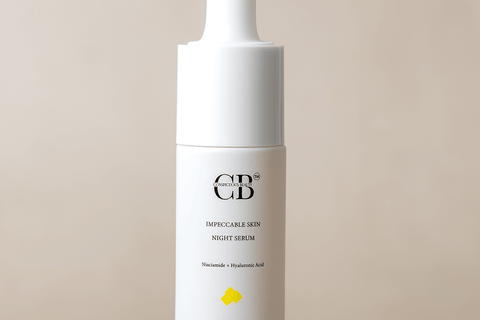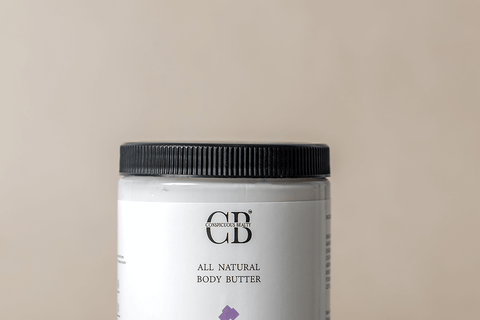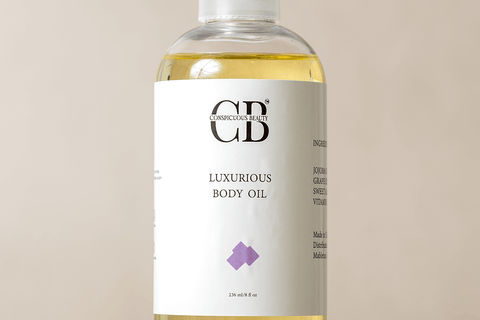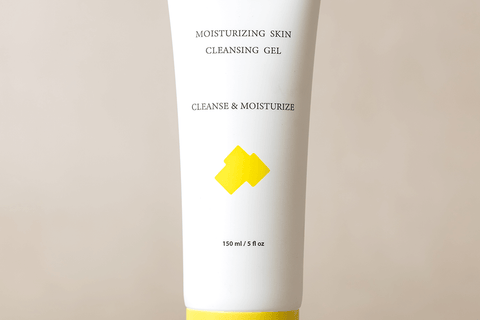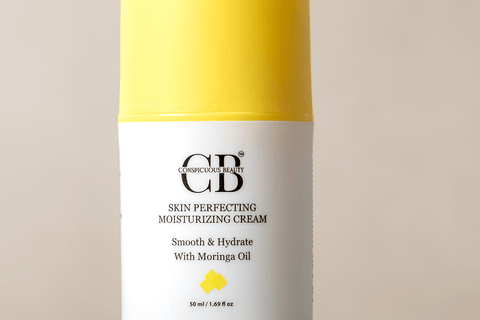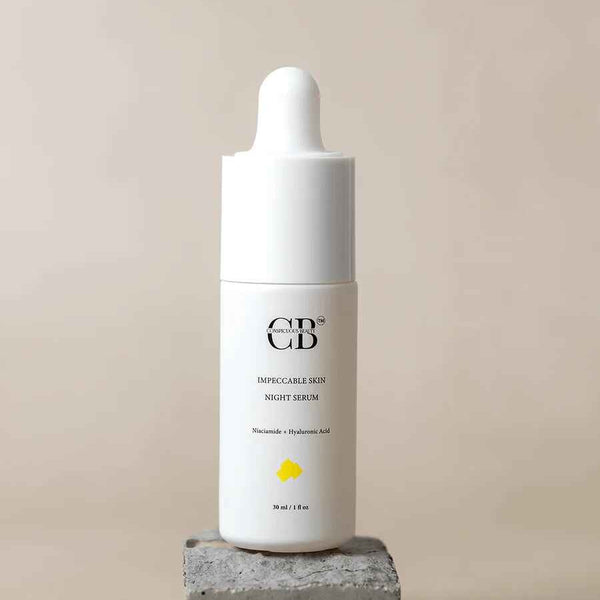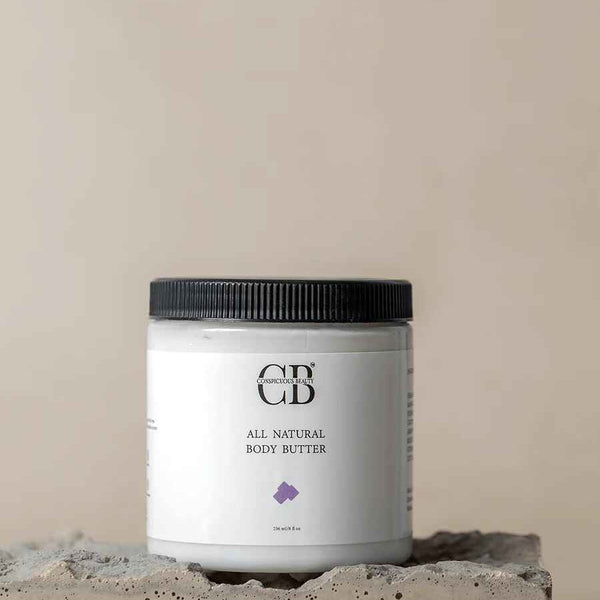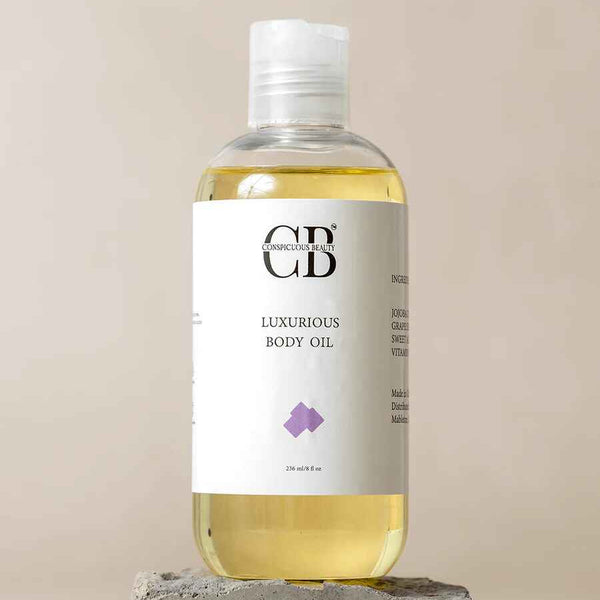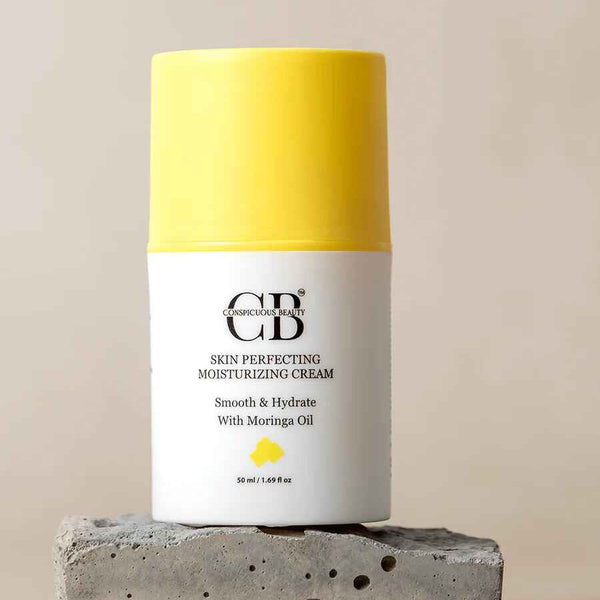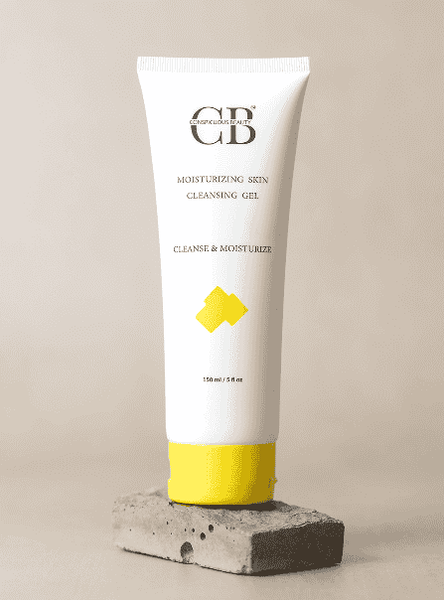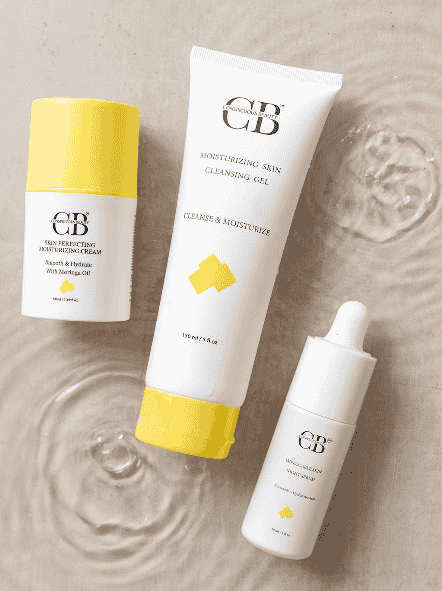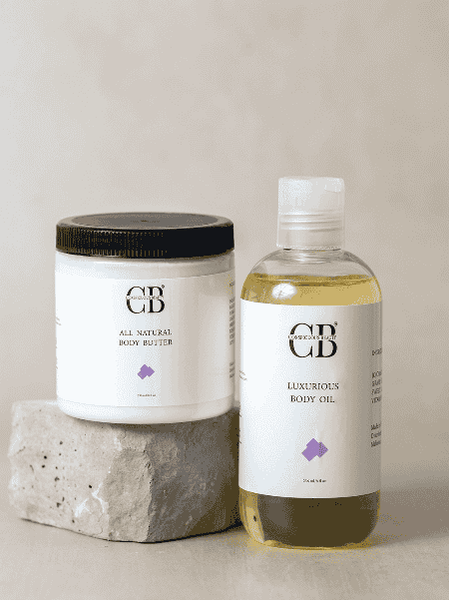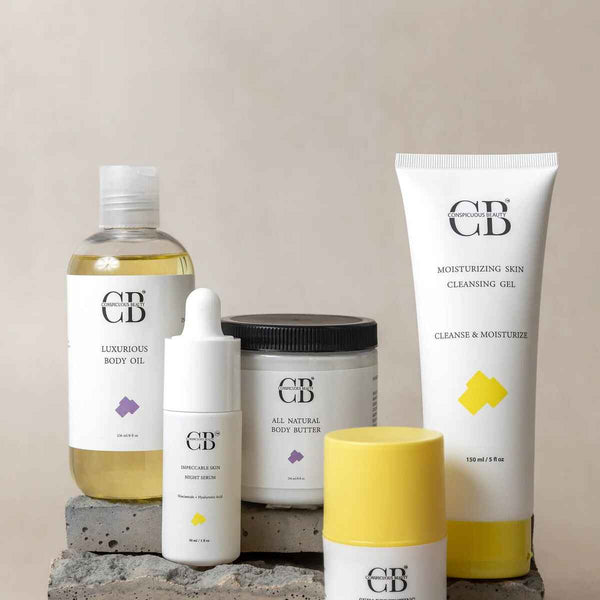Body butter has quickly become one of the most loved skincare essentials because of its ability to deeply moisturize the skin and restore softness in a way that ordinary lotions cannot. The reason for its richness lies in its composition. Body butter is usually made from a blend of natural butters and oils that create a nourishing shield over the skin, locking in moisture and preventing dryness for hours. It is especially helpful for people with dry, dull, cracked, flaky, or aging skin, and it can even support the healing of stretch marks and scars. To understand why body butter works so effectively, it’s important to look closely at its key ingredients and how each one supports skin health.
Shea Butter
Shea butter is possibly the most popular base ingredient in body butters, extracted from the nuts of the shea tree found in West Africa. It is naturally rich in fatty acids and vitamins, making it incredibly beneficial for dry and dehydrated skin. Shea butter melts when applied to the skin and penetrates deeply, helping to restore the skin’s moisture levels while strengthening the skin barrier. People love shea butter because it relieves irritation, reduces rough patches, and gives the skin a smoother texture. With vitamins A and E, it also supports collagen production, which makes it helpful in improving elasticity and reducing the appearance of wrinkles and fine lines. For individuals with sensitive or eczema-prone skin, shea butter is one of the safest and most soothing moisturizers available.
Cocoa Butter
Cocoa butter is another deeply nourishing ingredient that gives body butter its creamy texture and mild chocolate aroma. It is widely recognized for its ability to create a protective layer on the skin to prevent moisture loss. This quality makes cocoa butter especially beneficial during the winter or for people whose skin becomes extremely dry and cracked. One of the most impressive qualities of cocoa butter is its effect on stretch marks and scars. Its high fatty acid content improves elasticity and supports skin regeneration, which is why many maternity products and scar-reducing formulas include it. Along with hydration, cocoa butter is rich in antioxidants that protect the skin from early aging and environmental damage. For those struggling with severely dry skin, body butter containing cocoa butter can be an excellent solution.
Mango Butter
Mango butter is extracted from the seeds of mango fruit and is valued for its soft and lightweight feel. It provides deep nourishment without the greasiness that some thicker butters leave behind. Mango butter is loaded with vitamins A, C, and E, which support collagen production and give skin a brighter and more youthful look. Because it is gentle and non-comedogenic, mango butter works very well for sensitive, acne-prone, or oily skin. It calms irritation and redness and is a great option for people who want supple, glowing skin without a heavy finish. In warm climates or during summer, mango-based body butter often feels more comfortable than heavier forms.
Coconut Oil
Coconut oil is known worldwide for its moisturizing qualities, making it a common ingredient in many body butter formulas. It helps restore hydration while strengthening the skin barrier, which reduces the chances of flakiness and irritation. Coconut oil contains natural antibacterial and antifungal properties that make it helpful for skin that is irritated or prone to breakouts on the body. It also softens rough skin textures, especially on areas like knees, elbows, and heels. However, people with highly acne-prone facial skin may need to be cautious with coconut oil on the face, as it can clog pores for some. On the body, though, it remains deeply nourishing and protective.
Sweet Almond Oil
Sweet almond oil is another beloved skincare ingredient, especially for people with sensitive or dry skin. It is high in omega fatty acids, which help smooth and soften skin, leaving it velvety and plump. Almond oil contains vitamin E, which is known to help reduce dark spots and brighten overall skin tone. It has a soothing and anti-inflammatory effect, making it helpful for people dealing with irritation, eczema, or sun-damaged skin. Body butters containing almond oil feel comforting and gentle, and are suitable even for children.
Jojoba Oil
Jojoba oil is considered one of the most skin-friendly oils because it resembles the skin’s natural sebum. This allows it to absorb quickly without leaving a greasy finish. It can balance oil production, making it suitable for both oily and dry skin. Jojoba oil supports healing, calms inflammation, and provides an antibacterial effect, which benefits those who struggle with occasional body acne or irritation. It also improves elasticity, softens fine lines, and maintains hydration throughout the day.
Olive Oil
Olive oil has been used for beauty since ancient times due to its nourishing, smoothing, and anti-aging properties. It is rich in vitamins A, D, and E and helps strengthen the skin barrier while protecting it from dryness and harsh environmental factors. Olive oil slows visible signs of aging by improving skin elasticity and helping the skin retain moisture. For very dry, mature, or stressed skin, olive oil in body butter offers comfort and long-lasting relief.
Vitamin E
Vitamin E is not a plant butter or natural oil by itself, but it is included in most body butter formulas because it significantly boosts skin health. It is a powerful antioxidant that protects the skin from environmental damage and premature aging. It assists with healing, reduces scarring, and enhances hydration by helping the skin retain moisture. A lesser-known benefit of vitamin E is that it prevents natural oils from becoming rancid, which increases the shelf life of body butter.
Essential Oils
Essential oils are often added to body butters for fragrance and additional therapeutic benefits. Lavender oil promotes calmness and reduces irritation. Tea tree oil provides antibacterial support for acne-prone skin. Rose oil hydrates and improves the appearance of fine lines. Peppermint oil offers a refreshing cooling effect and helps with inflammation and itching, while lemon or citrus oils help brighten dull skin. Essential oils should always be used in small, safe concentrations, but when added correctly, they enhance both the aroma and the skin benefits of body butter.

How Body Butter Benefits the Skin Beyond Moisture
While body butter is primarily known for its moisturizing qualities, its advantages extend much further. With regular use, body butter repairs and strengthens the skin barrier, helping the skin retain moisture for longer periods. It reduces signs of aging by supporting collagen production and increasing elasticity. It also soothes dry and irritated skin, improving comfort and smoothness. Many of its natural ingredients support healing of stretch marks, dark spots, and scars. Because it forms a protective layer on the skin, body butter is especially beneficial during harsh weather, frequent washing, or exposure to environmental pollutants.
Choosing the Right Body Butter Based on Skin Type
The most suitable body butter depends on individual skin needs. Someone with extremely dry or rough skin may benefit from shea butter, cocoa butter, coconut oil, or olive oil, as these are the richest and most deeply moisturizing ingredients. People with sensitive or easily irritated skin might respond better to mango butter, almond oil, or jojoba oil, which are soothing and gentle. For oily or acne-prone skin, mango butter and jojoba oil provide hydration without clogging pores. Mature skin often requires extra elasticity support, so shea butter, cocoa butter, and vitamin E are excellent choices. Those dealing with eczema tend to do well with shea butter, almond oil, or coconut oil because they calm redness and strengthen the skin barrier.
How to Apply Body Butter for Maximum Benefits
To get the best results from body butter, it should ideally be applied right after showering or bathing, while the skin is still slightly damp. Warming it between your palms helps it melt and absorb more easily. Massaging it into the skin using circular motions increases blood circulation and enhances absorption. Areas that tend to become dry first—such as elbows, knees, feet, and hands, usually benefit from extra attention. Consistency is also key. Applying body butter once or twice daily transforms the texture, softness, and glow of the skin over time.
Final Thoughts
Body butter is far more than a simple moisturizer. It is a combination of powerful natural ingredients, such as shea butter, cocoa butter, mango butter, coconut oil, almond oil, jojoba oil, olive oil, vitamin E, and essential oils, that work together to nourish, heal, protect, and rejuvenate the skin. Its ability to hydrate deeply and maintain moisture makes it an ideal solution for dry, irritated, dull, or aging skin. The rich texture provides comfort and softness, and with regular use, body butter can visibly improve skin texture, elasticity, and overall health.
Whether you’re trying to repair dry winter skin, soothe irritation, enhance your glow, or simply enjoy a luxurious self-care routine, incorporating a high-quality body butter into your skincare regimen can make a noticeable difference. With the right blend of ingredients tailored to your skin type, body butter can help you maintain smooth, radiant, and youthful skin all year round.
